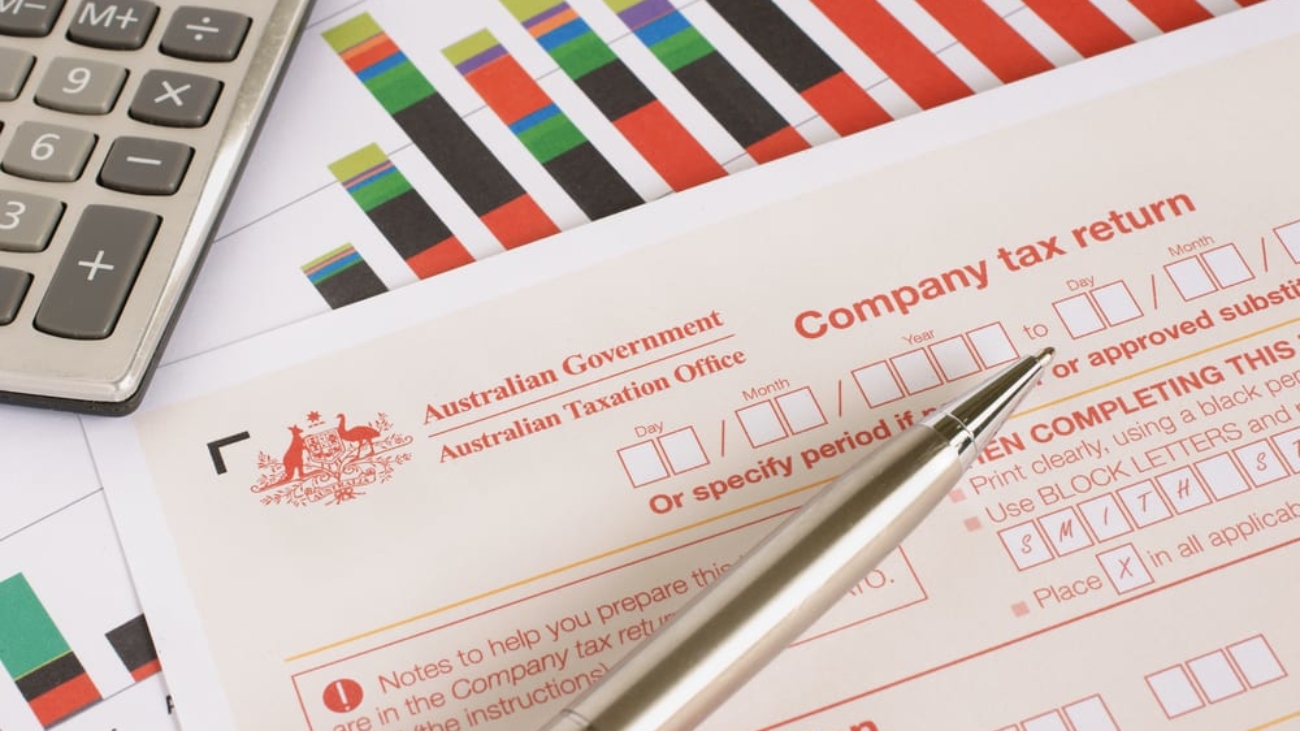Tax season- it’s that time of the year people often dread to face or get mixed reactions from business owners. The same is true for real estate businesses and while it may exert more pressure on some, there are some consolations to look forward to, such as tax deductions.
That’s right, knowing your rights and boundaries as a legitimate business taxpayer can help you set aside some extra cash from tax deductible items that you can claim each year.
But first, you need to take note of the important details you have to consider when preparing and organising your taxable items and how you can claim legitimate tax deductions. The key here is to not push the bounds or your tax regulations and making sure that the Australian Tax Office (ATO) does not mark you down for violations or penalties during a tax audit.
Make sure you keep track of the following in your business and ensuring that receipts or invoices are properly secured;
1. Business development and training
There are valid deductions that can be availed for training, workshops, and seminars as well as online programs and courses. Being a member of an accredited business group that can help provide support to run your business effectively can also entitle you to tax deductions.
2. Business finance, insurance, and legal costs
These are deductible items which cover costs paid to your bookkeeper, accountant, and early or prompt tax return submission. Costs incurred for consultations on business-related investments are also deductible.
3. Marketing expenses
When you have spent money to promote your business, make sure that you keep your receipts and invoices since this is a tax-deductible item. This would include ads spent on online or hardcopy newspapers and magazines, as well as costs for printing of your marketing collateral. You can also claim tax deductions for expenses to your email marketing software, social media manager and search engine optimisation (SEO) service.
4. Small business office expenses
If you have a paid Google account service or cloud storage subscription, these are entitled to tax deductions, too. Among other tax-deductible items for your small business operations include freight costs, postage, and stamps. These also include office sup0plies such as paper, pens, envelopes, labels, calendars, markers/highlighters, cleaning supplies, etc.
5. Depreciable assets
Physical assets used by your office with a value that depreciates over time such as printers, computers, bookshelves, desks, and other office appliance and furniture are also deductible.
You can claim an immediate deduction for depreciating assets that cost less than $20,000 or the balance of the assets is less than $20,000 towards the end of the fiscal year.
Over time, you can claim a deduction for other assets by combining the costs into a small business portfolio and setting a percentage every year. If unsure about the process, you can consult your accountant or a tax professional.
6. Travel expenses
If your travel involves your business operations or management, you can file for deductions on train, airplane, taxi, and bus fares to get to your meeting or event venue. This includes meal and accommodation expenses for overnight business travels, which can even be applicable for some fringe benefit taxes for employees or staff.
Do take note, however, that there are ATO different guidelines for traveling over long periods, so make sure to keep have an itinerary and daily journal of your business travel activities and expenses.
To be on the safe side, make sure to coordinate with your accountant when preparing these claims before submitting to avoid violations or penalties.
7. Cost of vehicles
These are mostly applicable to mobile or home-based businesses, where deductible claims can be made for the cost of trips for business purposes. These may include costs for vehicle usage when used for business.
8. Rent and utility expenses
Overhead costs such as utilities and rent, including your office phone line, mobile telecom subscription, electricity, water, and gas are also covered for a tax deduction, provided that these are for business use. Personal usage is not covered.
9. Staff and labour wages
Costs for wages, commissions, salaries, and taxable fringe benefits for staff and personnel are also covered. If you don’t have regular staff employed and outsource your services for graphic design, virtual assistants, marketing consultants, and copywriters, you could claim for deductions with signed labour contracts.
If you have repairs done in your facility or office, you can also claim for tax deductions on costs paid to tradespeople.
Maximise your savings from legitimate tax deductions
The ATO entitles small businesses with a tax offset that can help reduce your taxes due by as much as $1,000 each year.
You will be eligible if you are operating as a sole trader or own a share of a small business from a partnership or trust that earns less than $5 million for the fiscal year with a deductible claim of up to 8% or a maximum of $1,000.
There’s no need to have the feeling of the ATO breathing down your neck now that you know how to manage your tax deductions and convert to your annual savings. Remember to plan ahead and consult your accountant and tax specialist, should you have doubts before submitting your tax deduction claims.

